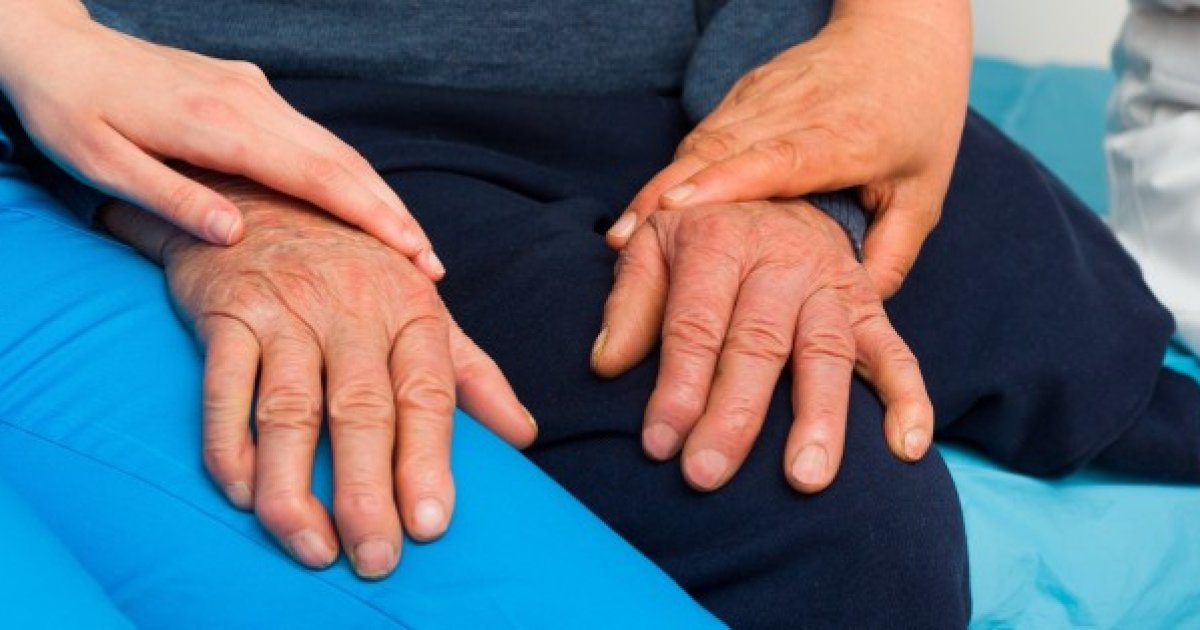What Causes Dystonia?
Parkinson's Disease

Parkinson's disease is a progressive disorder that causes numerous symptoms associated with dystonia. The first symptom patients with this condition usually observe is a hand tremor. Patients may also find their movements are stiff and they move more slowly than normal. For example, patients may stop swinging their arms as they walk, and their speech may be slurred and softer than usual. Symptoms are typically worse on one side of the body, and patients may have muscle pain, reduced range of motion, and balance problems. Treatment for Parkinson's disease may help reduce pain and some of the tremors. For early-stage patients, medications such as carbidopa-levodopa, dopamine agonists, and MAO B inhibitors are often recommended. At later stages of Parkinson's disease progression, surgical interventions may be beneficial. In particular, deep brain stimulation is very effective in reducing tremors for a sustained period, including tremors unresponsive to medication. Medical treatments may be combined with lifestyle modifications, physical therapy, and speech therapy to maximize the quality of life.
Discover another cause of dystonia now.